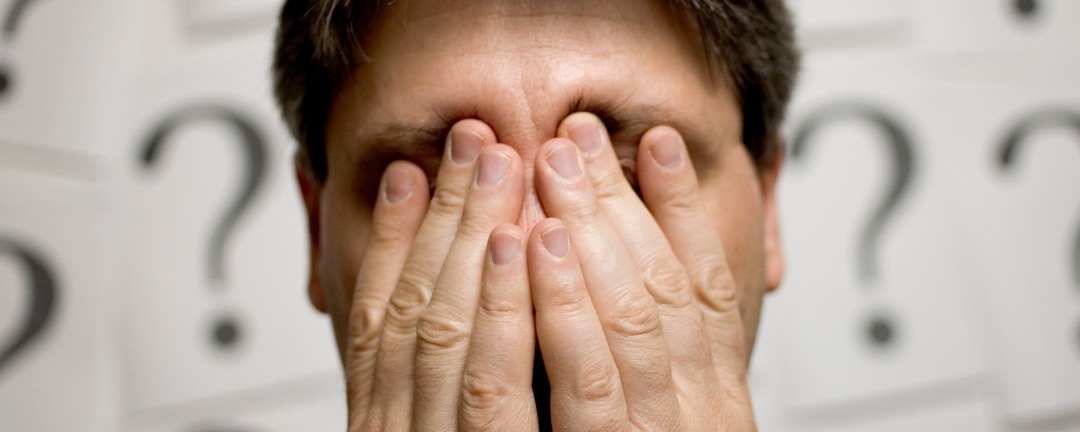Taking Control of Anxiety for Mental Health Awareness Week
Posted on 21st April 2023
Anxiety is a common experience that everyone will have felt at some point in their lives. It can be triggered by a wide range of events or situations, from interviews and exams to relationships and finances. While it's natural to feel anxious in response to these kinds of stressors, for some people, anxiety can become a chronic and debilitating condition that affects their daily lives. For Mental Health Awareness Week 2023, the theme is anxiety and the impact it can have on our mental health.
Anxiety is a common experience that everyone will have felt at some point in their lives. It can be triggered by a wide range of events or situations, from interviews and exams to relationships and finances. While it's natural to feel anxious in response to these kinds of stressors, for some people, anxiety can become a chronic and debilitating condition that affects their daily lives. For Mental Health Awareness Week 2023, the theme is anxiety and the impact it can have on our mental health.
It's important to note that anxiety is not the same as an anxiety disorder. While anxiety is a normal and healthy response to stress, anxiety disorders are a group of mental health conditions that involve excessive and persistent anxiety that can interfere with daily activities. Anxiety disorders include generalised anxiety disorder, panic disorder, social anxiety disorder, and specific phobias.
While anxiety affects people of all genders, ages, and backgrounds, men are often less likely to recognise the signs and seek help for their anxiety. This is believed to be partly due to societal expectations around masculinity, which can discourage men from acknowledging their emotional struggles and seeking support. When people don’t recognise the signs of anxiety they are more likely to turn to unhealthy coping mechanisms, such as substance use, aggression or avoidance and social isolation.
So what are the signs of anxiety? There are many different symptoms of anxiety, both physical and emotional. Some common physical symptoms include rapid heartbeat, sweating, shaking, stomach ache, feeling sick and headaches. Emotional symptoms can include excessive worry, restlessness, irritability, and difficulty concentrating. These symptoms may be masked by other behaviours, such as working long hours or engaging in risky activities, which can make it difficult to recognise and address.
If you or someone you know is experiencing anxiety, it's important to seek help and support. There are many different treatment options available, including therapy, wellbeing programmes, medication, and self-care techniques. Therapy or wellbeing programmes can help individuals to learn coping strategies and address the root causes of their anxiety. Medication helps some people manage the physical symptoms of anxiety. Self-care techniques, such as exercise, mindfulness, and relaxation techniques, can also be effective in managing anxiety.
This Mental Health Awareness Week, we're calling on everyone to stay tuned for our upcoming posts, blogs and discussions on anxiety. We'll be sharing evidence-based tips and resources for recognising and managing anxiety. Our aim is to raise awareness about the impact of anxiety on mental health and to encourage people to seek help and support when they need it.
We also encourage everyone to take steps to support their own mental health and wellbeing. This can include prioritising self-care, seeking help and support when needed, and challenging stigma and shame around mental health. By working together to promote mental health awareness and reduce the barriers to accessing mental health support, we can help create a world where everyone can be the best version of themselves.
In conclusion, anxiety is a common experience that affects people of all genders, ages, and backgrounds. While it's natural to feel anxious in response to stress, chronic and debilitating anxiety can have a significant impact on mental health. Men are often less likely to recognise and seek help for their anxiety, due to societal expectations around masculinity. It is important to recognise the signs of anxiety and if you or someone you know is experiencing anxiety, it's important to seek help and support.
Stay tuned for our upcoming posts up until and during Mental Health Awareness Week 2023 from the 15th to the 21st of May. If you or someone you know is struggling with anxiety, know that you don't have to go through it alone.
At SanaMente Hypnotherapy, we specialise in anxiety treatment and we're here to help you manage your symptoms and reclaim your life. Contact us today to learn more about our services and community, and take the first step towards the best version of yourself.
📞 0116 340 0630
Share this post:


